Pan-India SIR Updates: The Election Commission is anticipated to announce the timing of the nationwide distribution of the special Intensive Revision of voter rolls tomorrow. In the first phase, the effort would include about ten states, including Tamil Nadu and West Bengal, which are headed to elections. According to reports, the other states are the Union Territory of Puducherry, Kerala, and Assam.
Chief Electoral Officers from every State and Union Territory met with the Election Commission in Delhi three days ago. After talking about the experience in Bihar, they made the decision to expedite the procedure. The SIR procedure in Bihar took about four months, starting on June 24 and ending on September 30. An anonymous official claimed the commission intends to cut the time range this time.
What will be the voting cutoff point?
The Chief Electoral Officer’s website has posted the 2008 voter list. That was the last thorough revision held in the nation’s capital. Individuals can see if they are on it even though Delhi does not have an election scheduled anytime soon.
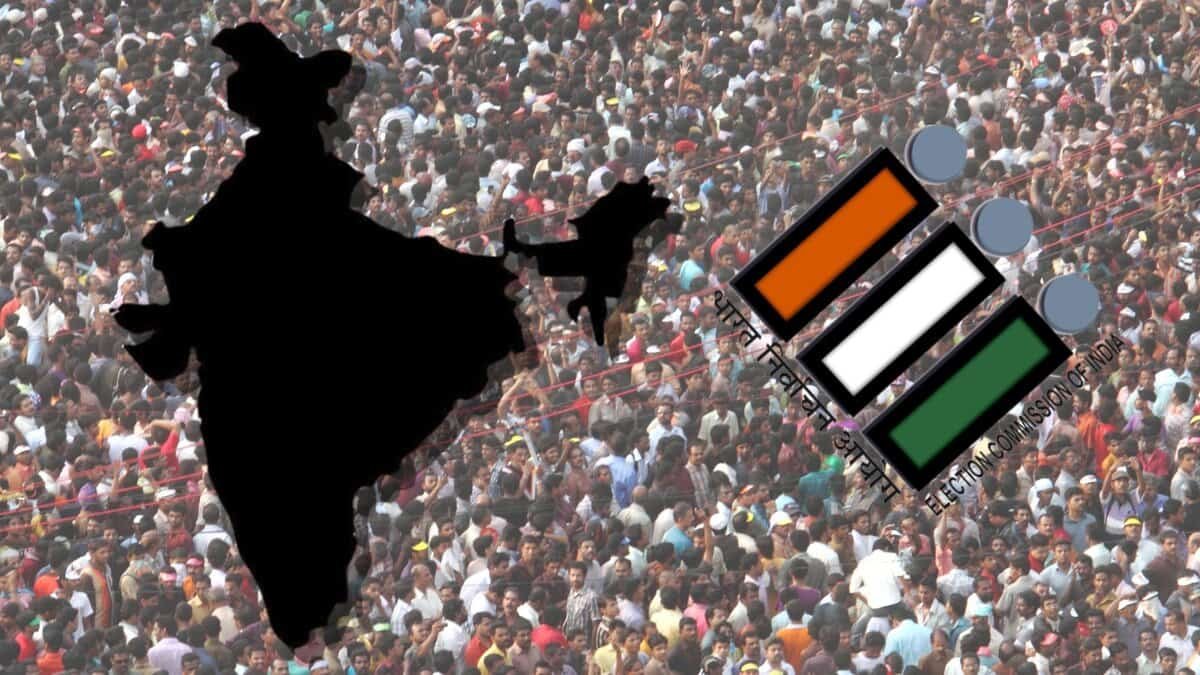
That is an important step towards SIR. The electorate role from 2006, when Uttarakhand’s last SIR was held, is currently available on the state CEO’s website. To solidify the SIR rollout roadmap, the EC has already met with state chief selection officers twice. The voters’ lists released following their most recent SIR have already been posted on the websites of a number of CEOs
- Criteria: As with the 2003 voter list in Bihar, the deadline will be the state’s final SIR.
- When was the last SIT? Between 2002 and 2004, the majority of states had their most recent SIR of the voter list.
- Mapping between lists: As a result, the majority of states have almost finished mapping the names of present electors to the most recent SIR that was conducted in the states or union territories.
Pan-India SIR
The main goal of SIR, according to the EC and a number of parties, including the ruling government BJP, is to “weed out foreign illegal migrants” by verifying their place of origin. The action takes on importance following a crackdown on illegal migrants, especially those from Bangladesh and Myanmar, in several states.
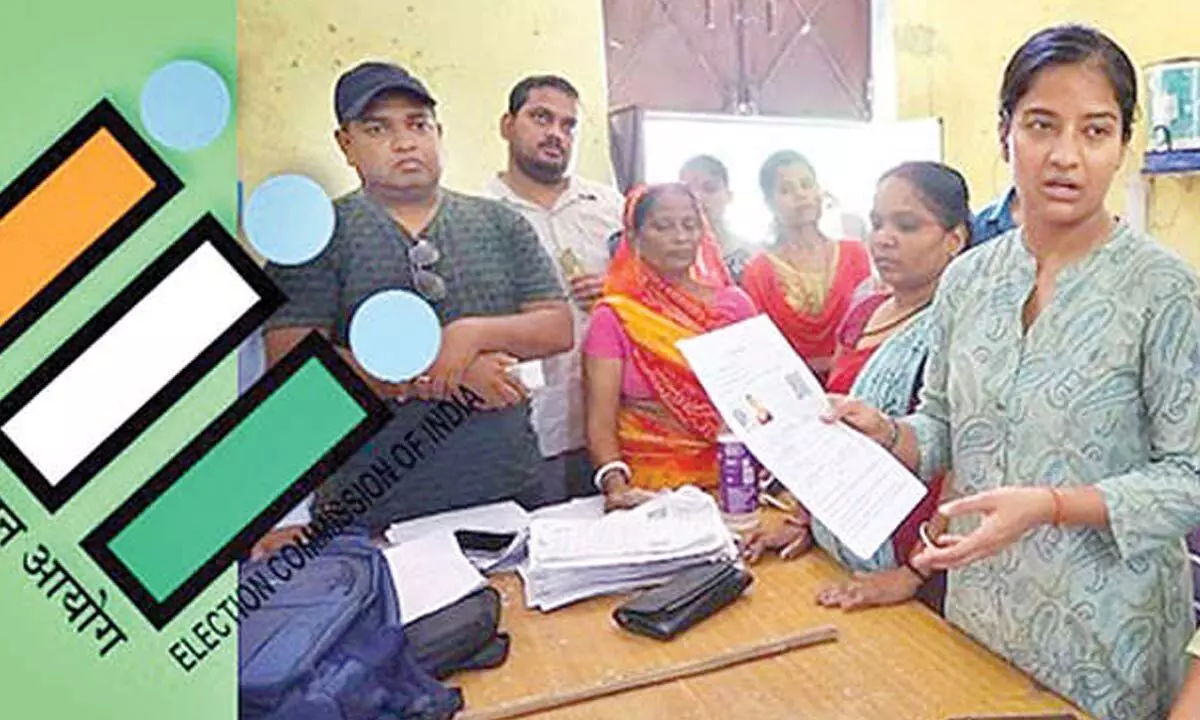
Opposition parties view this as a communal exercise that targets minorities, primarily Muslims. They claim that it poses a threat to underprivileged or underdeveloped neighbourhoods.

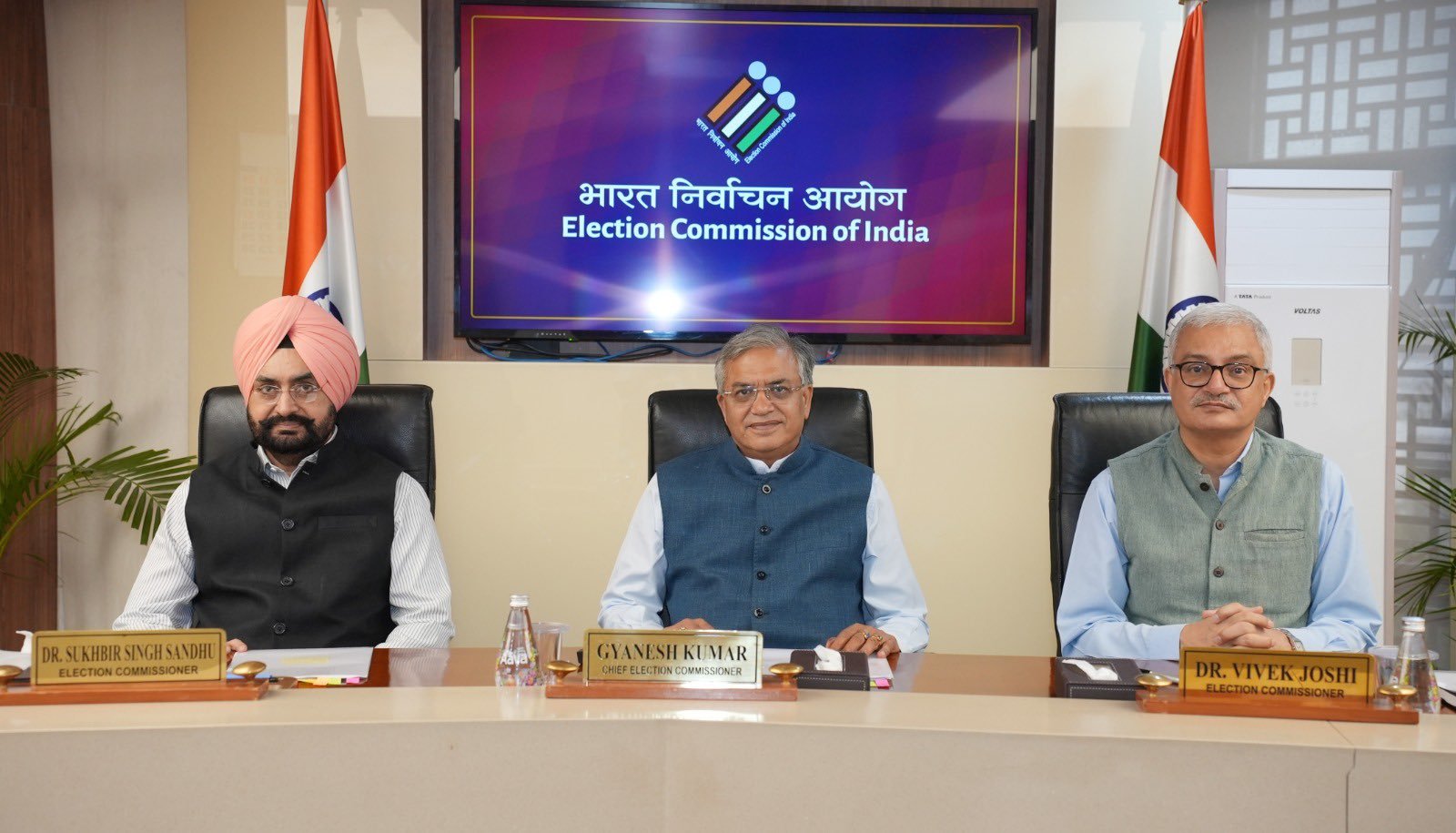
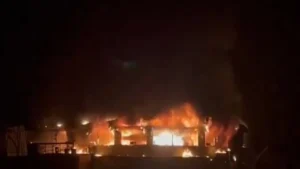

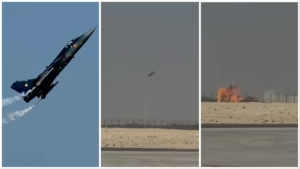
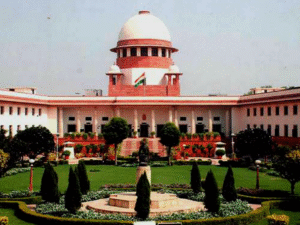
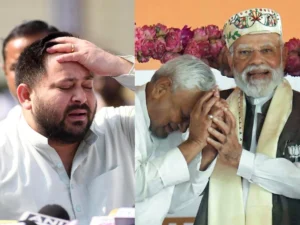
Be First to Comment